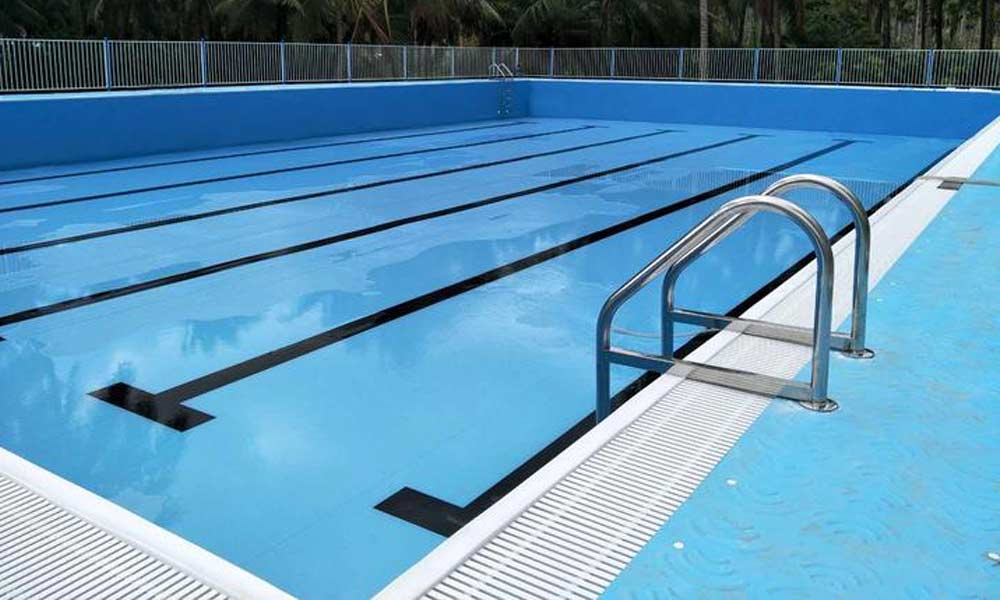In recent years, the issue of high Cyanuric Acid levels in swimming pools has raised concerns among pool owners and enthusiasts alike. Cyanuric acid, commonly known as pool stabilizer or conditioner, plays a crucial role in maintaining water quality and safety. However, excessive levels of cyanuric acid can lead to problems such as reduced chlorine effectiveness and water cloudiness. In this article, we will explore the causes of elevated cyanuric acid levels and provide effective solutions for addressing this issue.
What is Cyanuric Acid, and Why is it Important?
Cyanuric acid is a chemical compound added to swimming pools to stabilize chlorine. It forms a protective shield around the chlorine molecules, preventing them from breaking down due to sunlight’s ultraviolet (UV) rays. Without cyanuric acid, chlorine would dissipate rapidly, making it challenging to maintain a consistent level of disinfection in the pool.
Causes of High Cyanuric Acid Levels
Overuse of Stabilized Chlorine Products: The primary cause of high cyanuric acid levels is the excessive use of stabilized chlorine products, such as dichlor or trichlor tablets. These products contain cyanuric acid, and using them without moderation can lead to an accumulation of this compound in the pool water.
Lack of Dilution: Insufficient dilution of pool water can also contribute to elevated cyanuric acid levels. Rainwater, which is typically free of cyanuric acid, helps dilute pool water naturally. However, if there is a lack of rain or water replacement, cyanuric acid concentration can increase over time.
Inadequate Pool Water Testing and Maintenance: Neglecting regular pool water testing and maintenance can lead to the buildup of cyanuric acid. Pool owners should routinely monitor cyanuric acid levels and take appropriate action if they are found to be too high.
The Impact of High Cyanuric Acid Levels
High cyanuric acid levels can have several adverse effects on pool water quality and safety:
Reduced Chlorine Effectiveness: Excessive cyanuric acid can hinder the chlorine’s ability to sanitize the water effectively. This can result in increased bacteria and algae growth, potentially leading to waterborne illnesses and green, cloudy pool water.
Longer Pool Shock Recovery Times: Shocking the pool to eliminate contaminants becomes less efficient when cyanuric acid levels are high. Pool water may take longer to return to a safe and clear condition after shock treatment.
Risk of Algae Outbreaks: High cyanuric acid levels provide an ideal environment for algae to flourish. Algae outbreaks can be challenging to control and require extensive treatment.
Effective Solutions to High Cyanuric Acid Levels
Partial Water Replacement: The most effective way to reduce cyanuric acid levels is to perform a partial water replacement. Draining a portion of the pool water and adding fresh water will dilute the cyanuric acid concentration. Aim to replace 25-50% of the pool water, depending on the severity of the issue.
Use Unstabilized Chlorine: Switching to unstabilized chlorine products for routine chlorination can help prevent further increases in cyanuric acid levels. However, this approach may not be suitable for all pool owners, as it requires more frequent chlorine additions.
Regular Water Testing: Implement a strict schedule for testing pool water parameters, including cyanuric acid levels. This will help you detect rising levels early and take corrective action promptly.
Seek Professional Assistance: If you are unsure about how to address high cyanuric acid levels, consider consulting a professional pool maintenance service. They can provide expert guidance and recommend the best course of action for your specific situation.
In conclusion, maintaining proper cyanuric acid levels in swimming pools is essential for water quality and safety. High cyanuric acid levels can lead to reduced chlorine effectiveness and water quality issues. By understanding the causes and implementing effective solutions, pool owners can enjoy crystal-clear, safe swimming conditions all season long. Regular maintenance, water testing, and responsible Pool Chemical usage are key to keeping cyanuric acid levels in check.
Post time: Sep-04-2023

